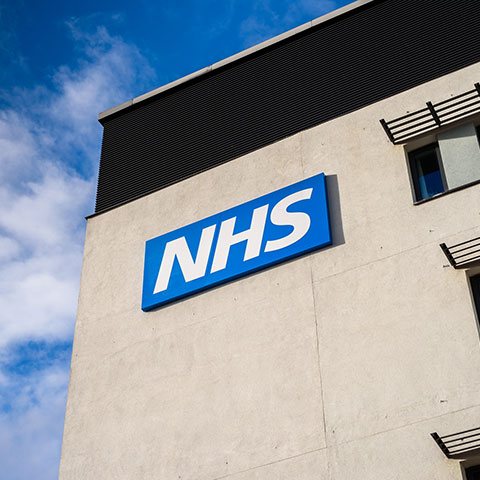Welcome to your weekly NHS news round-up – where we collect the most important news regarding the National Health Service and put it all in once place for you.
This week’s NHS news includes:
38 hospitals are ‘as dangerous as Grenfell Tower’
It has been reported by fire chiefs that up to 38 hospitals may be as dangerous as Grenfell Tower – the sight of the devastating fire which claimed the lives of at least 79 people earlier this month. Since the fire there have been safety reviews across the country, on similar residential buildings and on more than 17,000 are homes and private hospitals.
The checks on similar cladding on similar tower blocks has not gone well, with all 95 samples failing fire tests, and now fire chiefs are warning that 38 hospital sites have found to have had ‘similar characteristics to those of Grenfell Tower.’
In The Telegraph’s article, the National Fire Chiefs Council said:
“From a national perspective the primary focus has been on residential tower blocks with similar characteristics to Grenfell Tower. To date, 38 priority NHS sites have been identified with nine sites at greater risk. This is due to these presenting the greatest risk when considering both cladding risk and the fire risk assessment.”
Among the 38 sites deemed to be at risk, a list of nine have been deemed to be at the greatest risk.
Hundreds of patients potentially harmed by undelivered NHS mail
An investigation has founds that more than 1700 people may have been harmed after an NHS contractor lost almost 709,000 pieces of medical correspondence – including patients records and cancer test results.
The article on The Guardian says that the actual number could be even worse, with a third of documents yet to be assessed to see if long delays in analysing them damaged human health. Other documents lost include child protection notes, diagnostic test results and treatment plans.
Dr Richard Vautrey, deputy chair of the British Medical Association’s GPs committee, commented:
“It is a disgrace that this service failed so badly that patient care was being compromised. Patients will rightly be angry that this private company, contracted by the NHS, has failed practices and patients to such an extent.”
NHS staff taking more sick days then ever before
A House of Commons written answer from health minister Philip Dunne is reporting that health service personal in England to a total of 16,866,471 sick days off work between them in 2016 – 895,979 more days than the 15,970,492 which the NHS lost in 2012 through staff illness.
This a rise of 6%, with mental health conditions such as anxiety and depression, and musculo-skeletal issues such as chronic back pain being the two main causes of NHS staff illness. With the numbers rising, it is likely that the NHS’s already large bill for staff sickness will increase even more.
Back in 2015 it is estimated that staff illness cost the NHS £2.4 billion – one pound for every £40 spent by the service. In The Guardian’s article, Kim Sunley, a senior employment relations adviser at the Royal College of Nursing, commented:
“Nursing is a challenging job at the best of times but the current strain on the NHS is putting a huge amount of stress on individuals. Too many feel unsupported by their manager, overstretched and burning out.
“The sad consequence is an increase in stress-related illness, which is bad for the nurse and does not help the NHS to provide safe care to patients. They must look after their own mental health and be supported in doing so by their employer.”
Abortion U-turn for Northern Irish women
The Government have said that women from Northern Ireland will be able to get free abortions in England, following a Labour-led amendment by MP Stella Creasy. Many Northern Irish women travel across the Irish Sea to have abortions due to restrictive laws back home – with 726 women paying for the procedure in 2016.
Currently, abortions are only allowed in Northern Ireland is the women’s life is at risk or if her physical or mental health is at serious risk.
The new amendment has had cross-party backing and had been selected for inclusion int he Queen’s Speech debate – which could have led to defear for Theresa’s May’s government during the election.
Within the news article, BBC polital editor Laura Kuenssberg said:
Without an overall majority, the Tories were facing a defeat after an impressive campaign by the Labour backbencher Stella Creasy that had garnered support among plenty of Conservatives who looked like they might rebel and vote with her, rather than with their party bosses.
Rather than risk a defeat on a critical day when the Queen’s Speech has to pass, Conservative ministers were willing to shift in the end – to make a big concession to avoid being beaten.”
Make sure you join Telecare Choice again next week so you can keep up-to-date with the goings-on surrounding the NHS.




